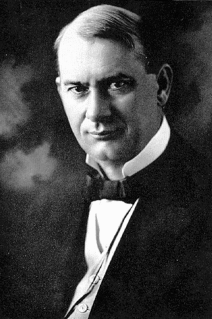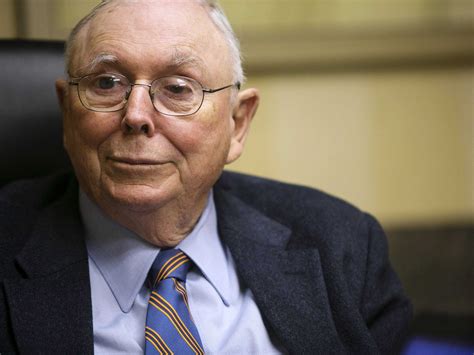A Quote by Saul Bellow
A novel is balanced between a few true impressions and the multitude of false ones that make up most of what we call life.
Related Quotes
A novel is balanced between a few true impressions and the multitude of false ones that make up most of what we call life. It tells us that for every human being there is a diversity of existences, that the single existence is itself an illusion in part, that these many existences signify something, tend to something, fulfill something; it promises us meaning, harmony, and even justice.
What is a novel? I say: an invented story. At the same time a story which, though invented has the power to ring true. True to what? True to life as the reader knows life to be or, it may be, feels life to be. And I mean the adult, the grown-up reader. Such a reader has outgrown fairy tales, and we do not want the fantastic and the impossible. So I say to you that a novel must stand up to the adult tests of reality.
A general in time of war is constantly bombarded by reports both true and false; by errors arising from fear or negligence or hastiness; by disobedience born of right or wrong interpretations, of ill will; of a proper or mistaken sense of duty; of laziness; or of exhaustion; and by accident that nobody could have foreseen. In short, he is exposed to countless impressions, most of them disturbing, few of them encouraging. ... If a man were to yield to these pressures, he would never complete an operation.
Either Christianity is true or it's false. If you bet that it's true, and you believe in God and submit to Him, then if it IS true, you've gained God, heaven, and everything else. If it's false, you've lost nothing, but you've had a good life marked by peace and the illusion that ultimately, everything makes sense. If you bet that Christianity is not true, and it's false, you've lost nothing. But if you bet that it's false, and it turns out to be true, you've lost everything and you get to spend eternity in hell.
True religion is a universal and (necessarily) ego-transcending psycho-physical motivation of human beings. However, up to the present stage in human history, only relatively few individuals in any generation have been willing and able to make the gesture that is true religion (or, otherwise, true esotericism). In their great numbers, most people have, up to now, never yet been ready or willing to adapt to the true (and progressive) practical, moral, devotional, Spiritual, and Transcendental Wisdom-culture of right life.
...most men have bound their eyes with one or another handkerchief, and attached themselves to some one of these communities of opinion. This conformity makes them not false in a few particulars, authors of a few lies, but false in all particulars. Their every truth is not quite true. Their two is not the real two, their four not the real four; so that every word they say chagrins us, and we know not where to begin to set them right.
My point taken further is that True and False (hence what we call "belief") play a poor, secondary role in human decisions; it is the payoff from the True and the False that dominates-and it is almost always asymmetric, with one consequence much bigger than the other, i.e., harboring positive and negative asymmetries (fragile or antifragile). Let me explain.




































